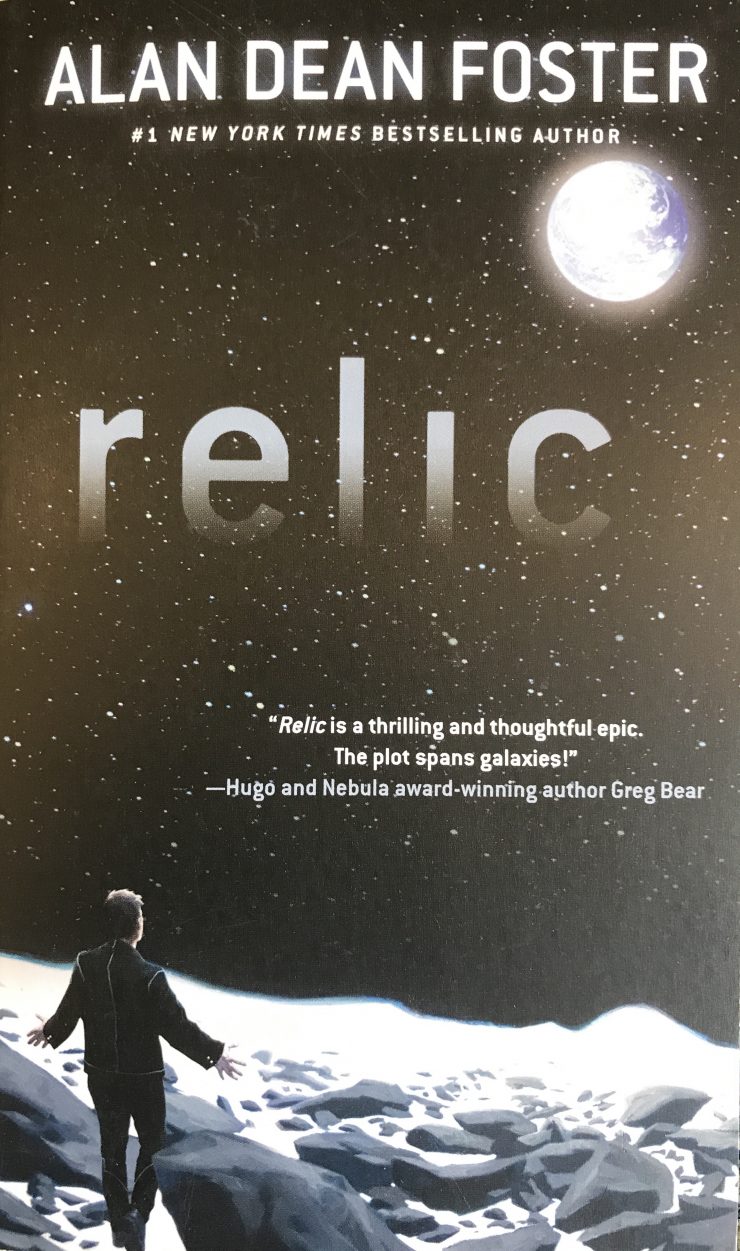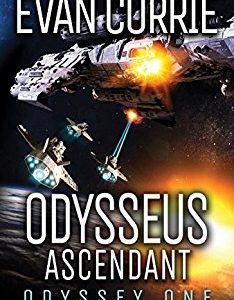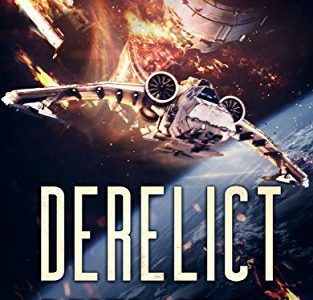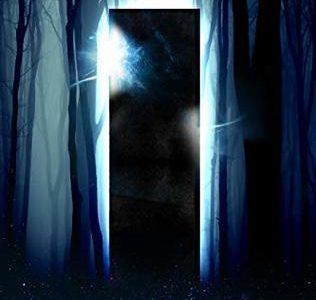Read this book if you
- Want a captivating story that makes you want to learn how humankind ended up destroyed
- Enjoy relating to characters and having empathy for Ruslan as he’s the last survivor of humanity
- Want to learn about the sense of survivor’s guilt that permeates Ruslan’s thoughts
- Enjoy an engaging writing style
Avoid this book if you
- Dislike having a pervading sense of desolation because of Ruslan’s status as the last human alive
- Need more information or detail about the technologies discussed in the book but never really expanded upon
I think we’ve all had, at some point, thought about how it’d be like if we were the last person on the planet. Or maybe the only person on a large, deserted island. But I don’t think anyone wanted that condition to be permanent.
That’s the case in Relic by Alan Dean Foster. I went into this book blind, not having read any of Foster’s works beforehand or knowing what other books he wrote.
And I was a bit surprised to learn how refreshing the plot was compared to other science fiction plots with similar themes. I really felt for Ruslan as he contemplated his place in the universe without other human beings for companionship.
Plot
Ruslan is the last surviving human after a devastating engineered bioweapon, known as the Aura Malignance, wipes out the human species across all of human-colonized space.
Characters
Ruslan is a mid-level bureaucrat who somehow survives the Aura Malignance that wipes out humanity. There’s nothing special about him that would explain how he survived while the rest of humanity perished.
Other characters include the various alien species like the Myssari who are studying the remnants of human civilization.
Setting
The setting of the story is primarily the Myssari world, but Ruslan does travel to the ruins of human colonies in order to aid the Myssari with research into human civilization.
Relic Review
Relic by Alan Dean Foster is a great story for those who love post-apocalyptic stories. We immediately learn about Ruslan and how he’s the last of his kind. As the story progresses, we learn about his past and how humanity has managed to destroy itself.
I have mixed emotions about Ruslan’s fate. We’re never quite sure how he survived the Malignance, but we do get glimpses of his past and how he wandered around before being picked up by aliens.
His life afterward is one of comfort, but I can’t help but wonder if being left to his fate on the planet was a better route than being kept as a one-of-a-kind zoo exhibit. He has to ask for permission to do anything that even hints of danger, and the Myssari constantly observe him out of concern for his safety.
Scientists and researchers often ask Ruslan about the various archaeological finds at the ruins of human colonies. This difference in perspective and the educated guesses the aliens make about the purpose of a simple utensil is akin to some of the mistakes and guesses our own archeologists make about prehistoric civilizations.
It’s these small scenes about the Myssari asking Ruslan questions that gives us glimpses into their psychology. Presented differently, these kinds of questions wouldn’t really serve the story.
The Myssari seem to have Ruslan’s interest at heart, with the exception of their desire to clone humans from Ruslan. Their desire is to restore humanity, but I can’t help but wonder if they just want a human around to increase their prestige as scientists and researchers. It’s as though their exclusive access to the last human in the universe gives them more prestige among other alien races.
Speaking of technology, there’s just not much excitement in terms of seeing the technology work. The Myssari seem reluctant to talk about their technology, and most of that discussion is glazed over. Foster doesn’t offer us any more details or explanation as to why this is the case either.
Humans appear to be an interesting oddity, an academic exercise, for the Myssari. Other alien species also find the human culture equally fascinating. Neither Foster nor Ruslan give us a reason why this is the case.
Ruslan makes a good point when he says that even if the Myssari successfully clone humans, human culture would never recover since the people were so diverse in appearance, cultures, and beliefs. Even if he were to educate the children, that’d only be a sliver of what humanity once was. They’d never be able to recreate human society or culture.
We get more insight into Ruslan’s character when he questions the morals of cloning. It’s not so much the act of cloning. It’s more about how those people would suffer a similar fate: kept as an exhibit or used as a pawn to gain more scientific and cultural influence among other aliens.
The events that take place later in the book gave me a sense of relief, but it did serve to reinvigorate the Myssari’s desire to clone Ruslan and restore the human race. I felt a sense of ambivalence about Ruslan and the other character later. And Ruslan’s objections about the cloning program also gave me some pause. We see him struggle between the desire for human companionship and the the knowledge of their fate.
The ending of the story was very satisfying. I couldn’t help but feel a little sad for Ruslan. He’s alone for most of his life, and toward the end, he’s gains hope that promises to banish the desolation he lives with.
Having been privy to his thoughts throughout the story, I believe that he’s happy with the results of his actions. Still, I felt a little sad for him that the outcome was such a long time coming.
The book ends on a fairly happy note, but it does leave open the question of what would happens next. Since mankind’s passing, other aliens with conflicting interests and cultures, have moved into what was previously human space. Will they easily hand over what territory they’ve claimed, or is there a risk of war?
The Myssari reveal that the alien antagonists have more selfish motives for wanting Ruslan, but that doesn’t appear to be the case. Ruslan’s interactions with those aliens suggest that he’d be no worse off going with them. There’s not much evidence to suggest that they would treat Ruslan any differently than the Myssari.
I highly recommend this book. It’s a story that reveals just how much humans are social creatures. It’s just a shame that we have to realize this once everyone disappears.



